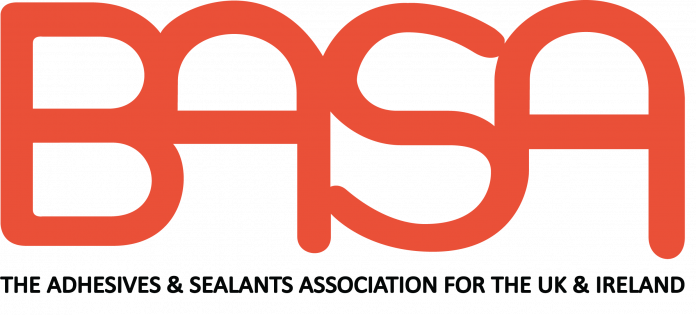Summary
The UK’s new Extended Producer Responsibility (EPR) framework, particularly the household-focused recycling “traffic-light” system, does not reflect the realities of adhesives and sealants packaging. This sector relies on technical formats designed to contain reactive liquids, pastes and powders safely, often using multi-material structures or barrier layers. Current scoring risks penalising products not because they are poorly designed, but because they cannot fit the model used for ordinary consumer packaging. A more sector-appropriate approach is needed to support cost fairness and genuine carbon reduction.
Why the current traffic-light model is misaligned
Function-critical packaging
Cartridges, foil packs, lined tins, dual-component systems and laminated films are chosen for performance and safety. Simpler mono-materials often cannot provide the required protection or shelf life.
Contamination challenges
Residues from uncured or semi-reactive materials limit the viability of standard kerbside recycling.
Household-based testing
The RAM (Recycling Assessment Methodology) is built around consumer packaging flows. Most adhesive/sealant formats inherently fall outside these pathways and default to amber or red, despite being necessary for safe use.
Risk to sector and market
Cost increases
Red-category formats attract high fees, hitting SMEs and specialist manufacturers hardest.
Market distortion
Products that cannot be redesigned into “green tick” formats are penalised regardless of their actual environmental footprint.
Innovation diversion
Effort risks shifting toward chasing recyclability scores rather than improving durability, performance or lower-carbon chemistry.
Net-zero conflict
Lightweight or high-recycled-content formats may score poorly even when they have a better life-cycle carbon profile than heavier or reusable options.
What the sector needs
- A tailored recyclability pathwaythat recognises essential barrier layers, contamination issues, specialist industrial recycling routes and professional-only formats outside household waste streams.
- Modulation based on carbon evidence, not just household recyclability.
- Recognition of take-back and specialist recycling schemes, which currently score poorly simply because they bypass kerbside bins.
- Realistic transition timelinesto allow for tooling, testing and regulatory validation.
Practical solutions
- Introduce an “industrial technical packaging” category.
- Accept specialist recycling pathways as compliant.
- Weight fees using LCA evidence to reward genuine carbon reductions.
- Establish an industry–regulator working group to align standards and support circular systems.
Call to Action
The sector supports EPR’s aims, but the current model risks unfair penalties, poorer carbon outcomes and unnecessary costs. A collaborative, sector-specific approach is essential to deliver both sustainability and a resilient UK/EU manufacturing base.
BASA is the UK’s independent voice for the £1.7 billion adhesives and sealants sector in the UK and Ireland, representing members through advocacy, technical guidance, and networking. We champion innovation, compliance, and sustainability while supporting business growth and strengthening industry standards. Visit us at www.basa.uk.com









